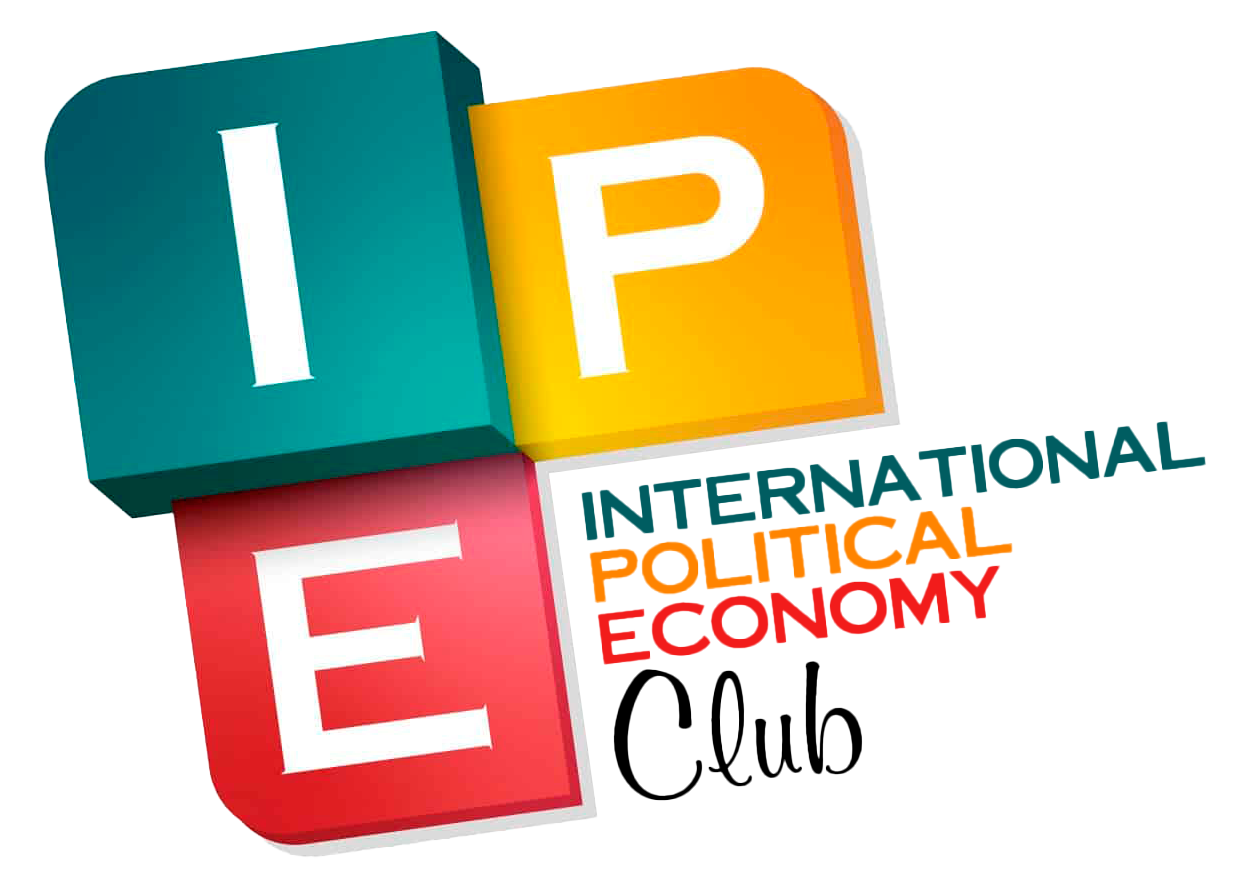Beijing Seeks Greater Diplomatic Role as Regional Tensions Mount
Following Israel’s unprecedented aerial strike on Iran last week, China has publicly denounced the move and is positioning itself as a potential mediator in the rapidly intensifying conflict. The Chinese government sees the situation as an opportunity to assert itself as a diplomatic counterbalance to the United States.
Chinese Foreign Minister Wang Yi spoke separately with his Iranian and Israeli counterparts over the weekend, strongly criticizing Israel’s actions and offering Beijing’s help in de-escalating the crisis. In his call with Iranian Foreign Minister Seyed Abbas Araghchi, Wang declared China’s “explicit condemnation” of what he described as a violation of Iran’s sovereignty, adding that Beijing supports Tehran in defending its national interests, according to China’s official statement.
This sharp condemnation contrasts with China’s more cautious approach to Russia’s invasion of Ukraine and reflects deepening geopolitical divides, especially as Beijing seeks to expand influence in regions traditionally dominated by Western powers.
The escalating exchange of missile and drone strikes between Israel and Iran has heightened the risk of a broader regional war. While the United States has limited its role to supporting Israel’s defense, concerns are growing that Washington may be drawn more deeply into the conflict.
China’s interest in the region is both strategic and economic. As a major energy importer and a key partner of Iran, Beijing is keen to preserve regional stability. Its past opposition to U.S. sanctions on Iran and its criticism of the American withdrawal from the 2015 nuclear deal have aligned it more closely with Tehran. Beijing has also worked to balance these ties with outreach to other regional powers, including Saudi Arabia.
In his call with Araghchi, Wang subtly criticized U.S. involvement, urging countries with influence over Israel to help restore peace. He reiterated that China is prepared to stay in contact with relevant parties and “play a constructive role” in de-escalating tensions.
Wang also spoke with Israeli Foreign Minister Gideon Sa’ar, encouraging both sides to resolve their differences through dialogue and expressing China’s willingness to support peace efforts.
China’s broader ambitions in the Middle East include bolstering its role as a neutral mediator. Last year, Beijing surprised many by helping broker a diplomatic thaw between Saudi Arabia and Iran. While its practical influence in this current crisis remains limited, it continues to present itself as a stabilizing force at a time when the U.S. faces criticism in parts of the Global South for its support of Israel.
China remains Iran’s largest oil customer, though official customs data has not listed Iranian imports since 2022. Some Chinese firms have faced U.S. sanctions for allegedly facilitating Iranian oil trade, and Chinese-sourced chemicals have been linked to Iran’s missile production, according to analysts.
Despite Beijing’s efforts to mediate, regional and global dynamics suggest that any resolution will ultimately depend on decisions made by major players within the Middle East and Washington. While some international figures have floated alternative mediators, including Russian President Vladimir Putin, Beijing continues to push its image as a rising diplomatic force amid an increasingly fractured global order.


